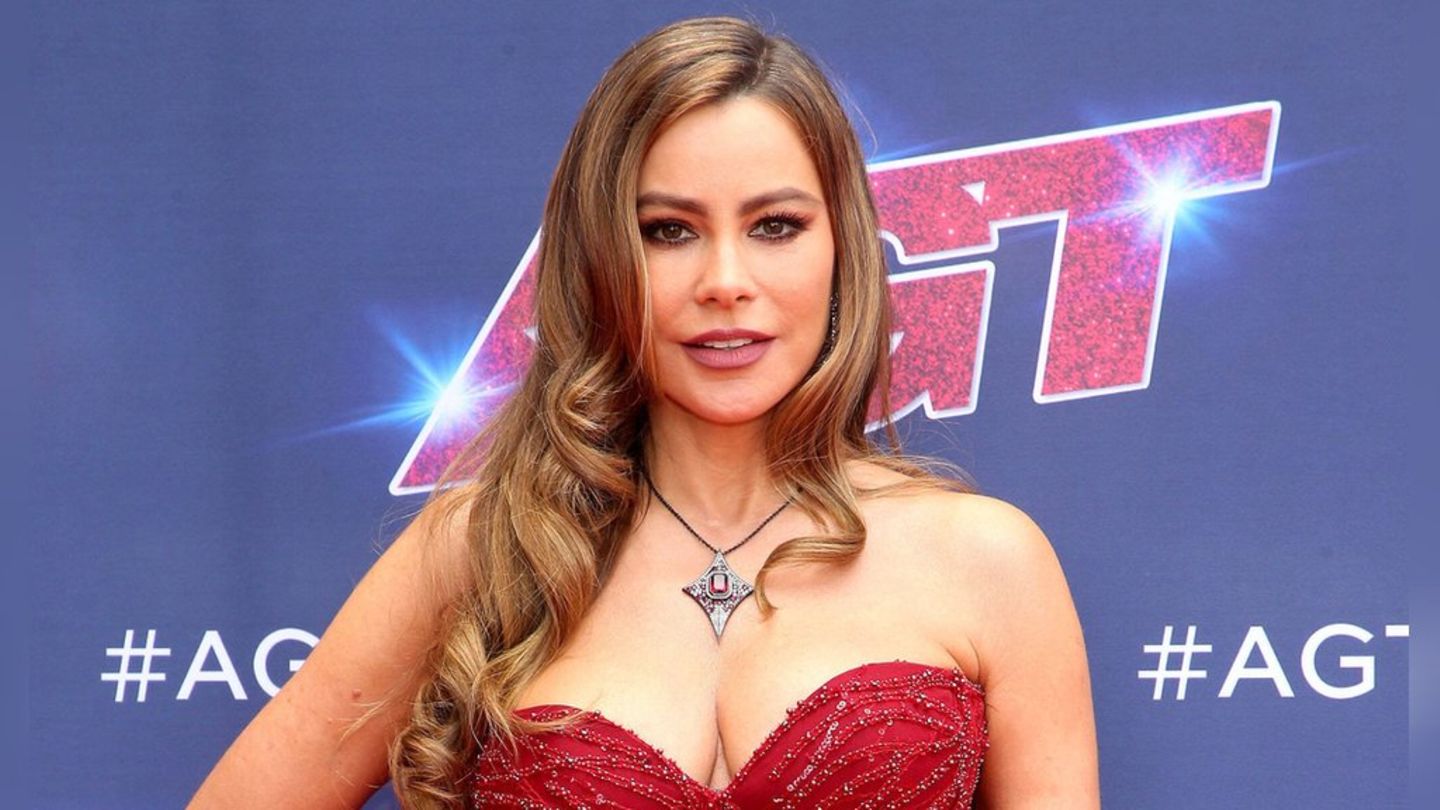The top meeting of the traffic light coalition did not bring about a breakthrough. The government is still struggling with the budget. Saving or debt brake is the basic question.
SPD leader Lars Klingbeil sees the traffic light coalition facing its biggest domestic political test to date because of the budget crisis. If you take the international situation into account, this was “the biggest test that the traffic light has now had to pass,” said Klingbeil in an interview with the German Press Agency. “I wouldn’t want to talk around it either, it’s going to be choppy over the next few weeks,” he predicted. “But in the end I’m optimistic that we’ll get the budget right. We’ve already been able to solve a few crises, and this is now the next big test that lies ahead of us.”
The opposition Union denied Chancellor Olaf Scholz’s government the ability to act after the top meeting on Wednesday evening. There is a general lack of leadership, criticized CDU leader Friedrich Merz in the “Early Start” broadcast by RTL and ntv. The population has a right to the government doing its job “and it’s not doing that at the moment because it’s constantly arguing and because it doesn’t agree on the essential questions of German politics,” said the party and parliamentary group leader. The coalition did not even manage to set a timetable for the adoption of the budget for 2024.
No progress visible in the struggle for the next budget
In fact, the traffic light coalition is still looking for ways out of the budget crisis. It is still open and controversial how the federal government can spend money in the coming year. The Federal Constitutional Court had declared the reallocation of Corona loans into a fund for climate protection and the modernization of the economy to be null and void. At the same time, the judges decided that the state was not allowed to set aside emergency loans for later years. This creates a billion-dollar gap in the planning for the coming year – and in the financing of long-term projects in the coming years.
According to Finance Minister Christian Lindner (FDP), 17 billion euros are currently missing for the coming year. This hole is not created directly by the cancellation of the 60 billion in the climate and transformation fund, but because other funds are also affected by the ruling. That is why an emergency should also be declared for 2023 and the debt brake should be suspended.
Baerbock is sticking to an ambitious schedule
Foreign Minister Annalena Baerbock expects the coalition to finalize the budget for the coming year before New Year’s Eve. In a “time when crises are collapsing on top of each other,” everyone must “make it clear: democracies are strong, even in times of maximum crisis,” said the Green politician on the sidelines of a conference in the North Macedonian capital Skopje. “That’s why we will do everything we can to get a budget underway not only for this year 2023, but also for next year.”
The schedule is ambitious because there is normally only one week of Bundestag sessions left before Christmas. Before that, the Budget Committee would also have to be able to complete its deliberations. The consultation in the Federal Council would only be possible with a shortened deadline.
SPD for renewed exemption from debt brake in 2024
A bigger problem than the schedule, however, is the political and content-related agreements. Different austerity measures are being debated. The FDP in the Bundestag, for example, called on Labor Minister Hubertus Heil (SPD) to review citizens’ money. FDP social politician Pascal Kober wants the increase in basic security planned for the beginning of 2024 to be put to the test.
In an interview with the German Press Agency, Klingbeil emphasized that he was prepared to talk pragmatically and non-ideologically about savings potential. For him, however, it is important to maintain investments in Germany’s economic performance. He also warned against cutting corners on the poorest of all people. “We have to keep the welfare state strong because it also gives people security, especially in times of uncertainty,” he said. “And that’s why the ax can’t be used there.”
The SPD leader spoke out in favor of suspending the debt brake again for 2024. The necessary emergency could be explained by the ongoing war in Ukraine and the billions in aid to support the country attacked by Russia. The question is whether the suspension of the debt brake can be limited to expenditure in connection with the Ukraine war – and thus create scope for other expenditure in the core budget.
For the Union, suspending the debt brake again is currently out of the question. The parliamentary managing director of the parliamentary group, Thorsten Frei (CDU), told the “Stuttgarter Zeitung” and the “Stuttgarter Nachrichten” (Thursday) that there was “so far no reasonable reason” for this. Lindner had previously made a similar statement: He was “not yet convinced” that the conditions for an emergency resolution in 2024 were met.
New uncertainty due to climate judgment?
It is also not yet clear how the recent ruling by the Berlin-Brandenburg Higher Administrative Court on climate protection could affect the budget. The court condemned the federal government to launch immediate programs for more climate protection in transport and buildings. For example, a speed limit, the abolition of tax advantages for diesel or company cars and a new wave of renovations for buildings would be conceivable – many of them controversial topics in the traffic lights. However, the government can appeal and thus postpone the effect. On Thursday she initially announced that she would examine the court’s reasons closely.
Source: Stern
I have been working in the news industry for over 6 years, first as a reporter and now as an editor. I have covered politics extensively, and my work has appeared in major newspapers and online news outlets around the world. In addition to my writing, I also contribute regularly to 24 Hours World.




